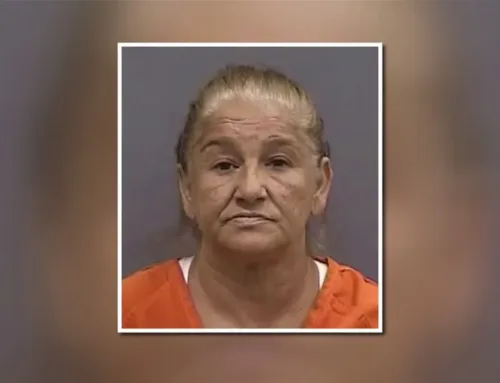CBC News
August 14, 2021
-CBC
If Daniel Arbour gets his way, it will soon be impossible to build new gas pumps in Vancouver Island’s Comox Valley.
This week, the Comox Valley Regional District (CVRD) passed a resolution from Arbour, and asked staff to consider a rewrite of the district’s zoning rules. The idea is to shift the focus of service stations from petroleum-based fossil fuels, to hydrogen fuel and electric vehicle charging.
Arbour, a director with the CVRD, said this would promote a quicker transition away from fossil fuel burning vehicles to greener ones.
Existing gas stations wouldn’t be forced to close, but would be considered “legally non-compliant” — and wouldn’t be able to add new pumps. New service stations would be allowed to open, but not to provide petroleum-based fuels.
‘Missing climate targets’
Arbour says it’s time to try new things in order to fight climate change, especially given this week’s dire report from the Intergovernmental Panel on Climate Change. When releasing the report, UN Secretary General António Guterres said it “must sound a death knell for coal and fossil fuels, before they destroy our planet.”
“We have a long history of missing climate targets,” said Arbour. “If we want to get serious about it, I think the giant in the room… is fossil fuel retail.”
Not all of Arbour’s colleagues agree. Edwin Grieve, a fellow area director with the CVRD, said local governments should stick to local issues.
“We certainly are not funded to take on some of these grandiose schemes, which I believe are more posturing than real.”
Grieve says the regional district is doing work to fight climate change, by updating its buildings and having its staff drive electric vehicles. While Arbour hopes the idea will spark discussion in the region, Grieve fears it will lead to divisive debate.
Would it be effective?
Mark Jaccard leads research into the transition away from fossil fuels, at the Pacific Institute for Climate Solutions. He applauds any municipality that looks for ways to mitigate climate change, but says there are more effective ways to do it.
Jaccard says fewer gas stations have been opening in recent years and the trend will likely continue as governments champion zero emission vehicles.
“I think what you really want is policies that really give advantages to people who are driving zero emission vehicles,” he said.
One example of this, he said, is retail giant Ikea giving priority parking to EVs. Municipalities could require shopping centres to do the same, and save prime street parking spots for zero emission cars as well.
Daniel Arbour said the CVRD has installed charging stations, and is looking at parking incentives too. But he hopes a zoning change would nudge private companies, like gas stations, to invest in zero emission infrastructure too.




